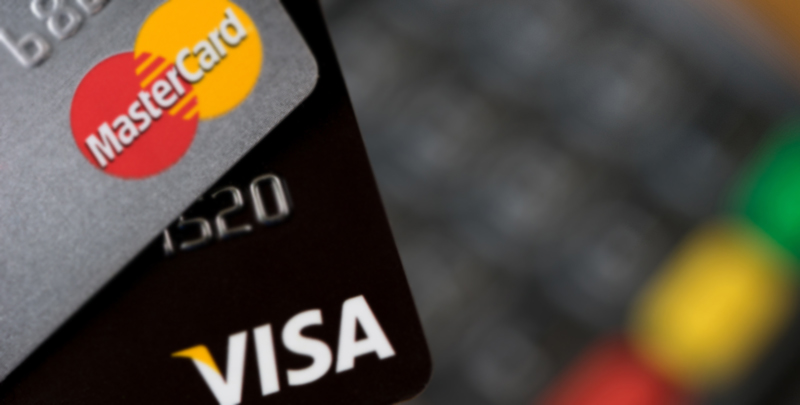In today's digital age, payment networks play a vital role in facilitating seamless financial transactions. One such prominent player in the global payments industry is Mastercard.
If you're wondering what is Mastercard? It’s the second-largest payments network globally, collaborating with financial institutions to provide Mastercard-branded network payment cards. With innovative technology and a commitment to financial inclusion, Mastercard continues to shape the future of digital payments globally.
What is a Mastercard?
Mastercard is a globally recognised payment network processor that operates and facilitates secure and hassle-free transactions globally. It is accepted by millions of merchants and utilised by countless customers for conducting financial transactions seamlessly. Mastercard also encapsulates the cards issued by member banks with the Mastercard logo.
It functions as an open-loop card that can be used wherever the Mastercard brand is accepted and offers flexibility and convenience to users by being widely accepted across various merchants and service providers.
How Mastercard works?
When you use your Mastercard for a transaction, it involves three key parties: the cardholder (you), the merchant, and their respective banks. Mastercard provides a range of payment solutions, including credit, debit, and prepaid cards.
The process typically begins when you present your Mastercard for payment at a merchant location or enter your card details for an online purchase. Here a question arises as to what Mastercard does.
To facilitate the transaction, Mastercard uses its proprietary global payments network referred to as its core network. This network connects the cardholder's bank with the merchant's acquiring bank via secure channels.
Through this connection, funds are authorised and transferred securely between accounts to complete the transaction.
Types of Mastercard products
Within the realm of Mastercard definition come various types of products to cater to different consumer needs. These include Credit Cards, Debit Cards, and Prepaid Cards.
- Credit Cards enable you to make purchases on credit and repay them later with interest if not paid in full within a billing cycle.
- Debit Cards deduct funds directly from your linked bank account at the time of purchase.
- Prepaid cards are loaded with a specific amount that can be used until the balance is depleted.
Banks that partner with Mastercard offer additional features on their branded cards. These features may include no annual fees, rewards points, cashback offers, promotional rates, and more.
By collaborating with different organisations such as airlines, hotels, and retailers, Mastercard-branded or co-branded reward cards provide specific benefits tailored to customer preferences.
Benefits of Mastercard
Using a Mastercard for payments comes with several advantages.
- Global acceptance: Use your card at millions of locations worldwide, perfect for travel and international transactions.
- Enhanced security: Embedded chips and Mastercard SecureCode protect your transactions.
- Rewards programmes: Earn points or cashback on purchases, redeemable for discounts, travel, or merchandise.
- Exclusive offers: Enjoy special deals and benefits from partner merchants and financial institutions.
Also Read: Choosing the right one: 13 different types of Credit Cards in India
Wrapping up
Mastercard plays a significant role in the global payments industry. By partnering with financial institutions worldwide, Mastercard offers a range of payment cards that enable secure and convenient transactions. Whether it's Credit Cards, Debit Cards, or Prepaid Cards, Mastercard provides consumers with flexibility and peace of mind when making purchases. With its robust security measures, innovative solutions, and widespread acceptance, it ensures a seamless experience for users across the globe.
Disclaimer: This article is for information purpose only. The views expressed in this article are personal and do not necessarily constitute the views of Axis Bank Ltd. and its employees. Axis Bank Ltd. and/or the author shall not be responsible for any direct / indirect loss or liability incurred by the reader for taking any financial decisions based on the contents and information. Please consult your financial advisor before making any financial decision.







